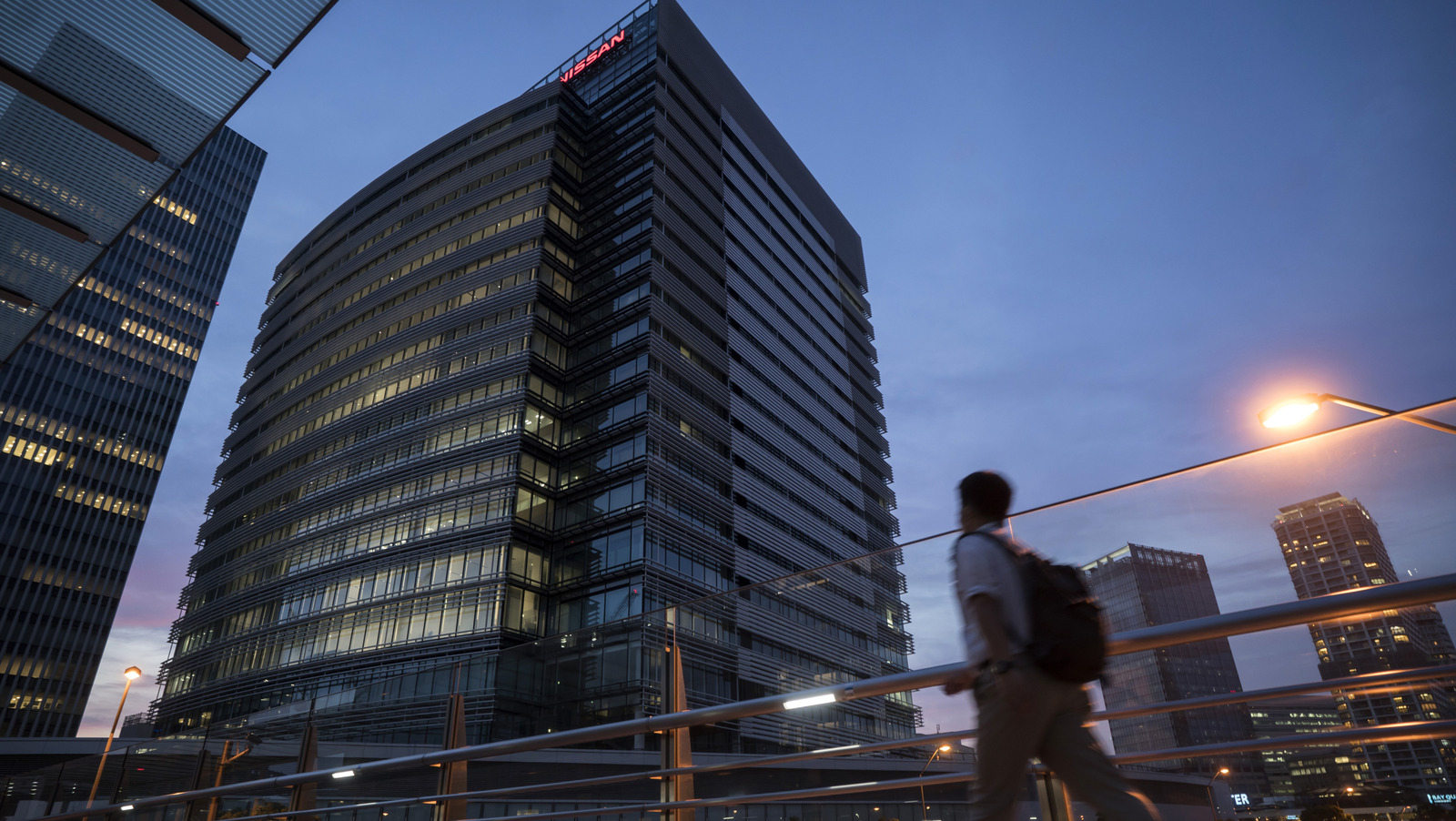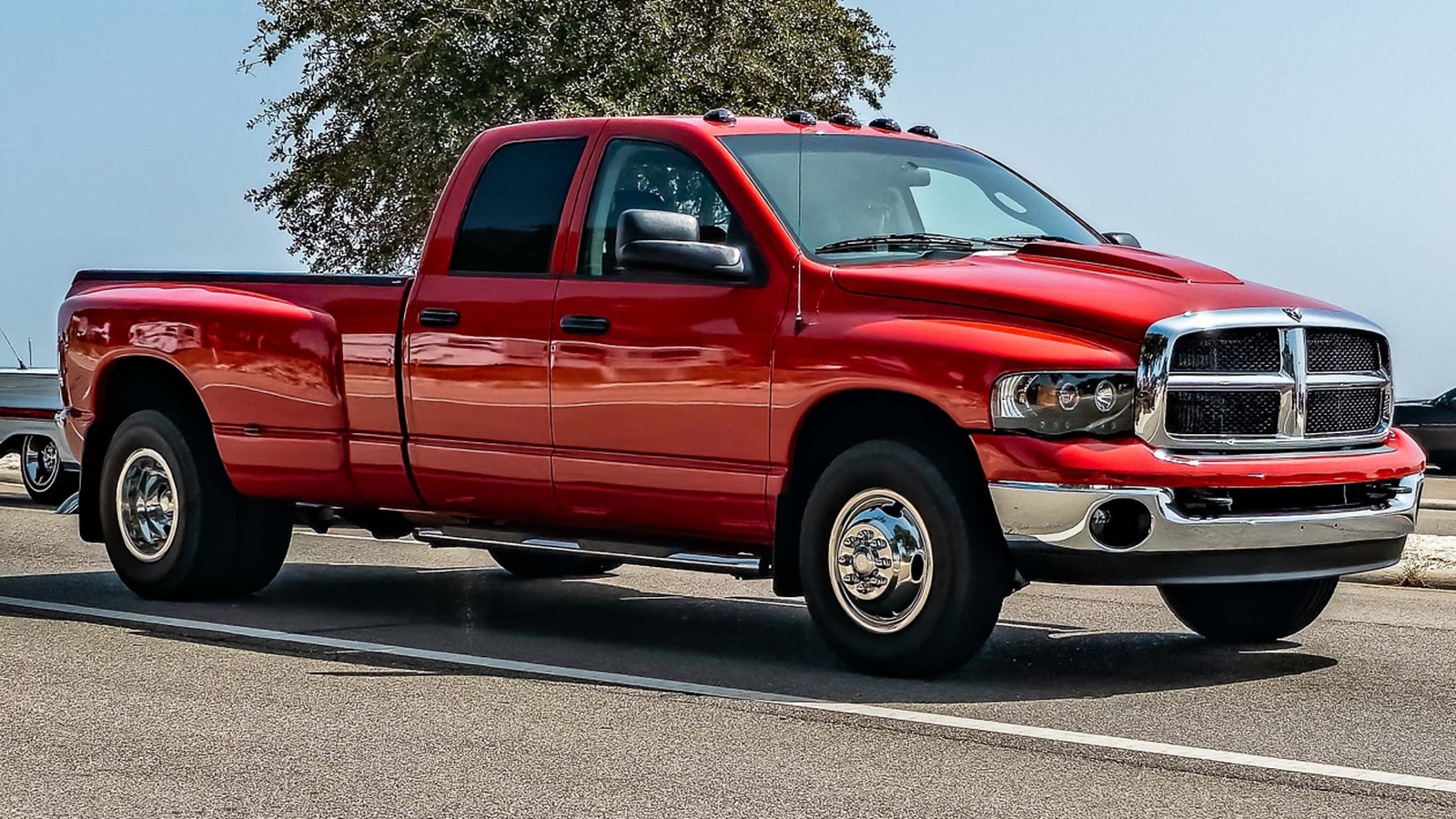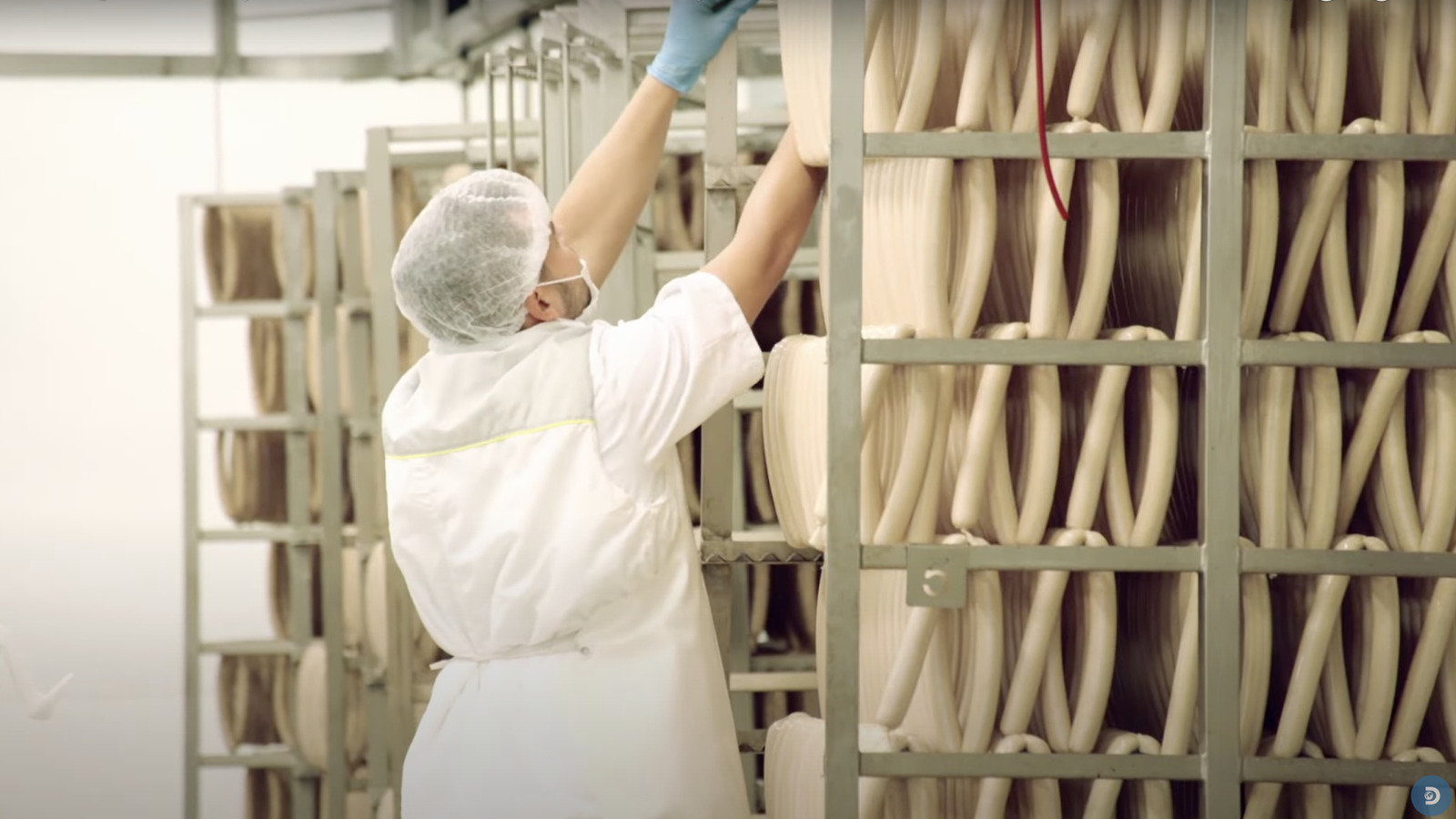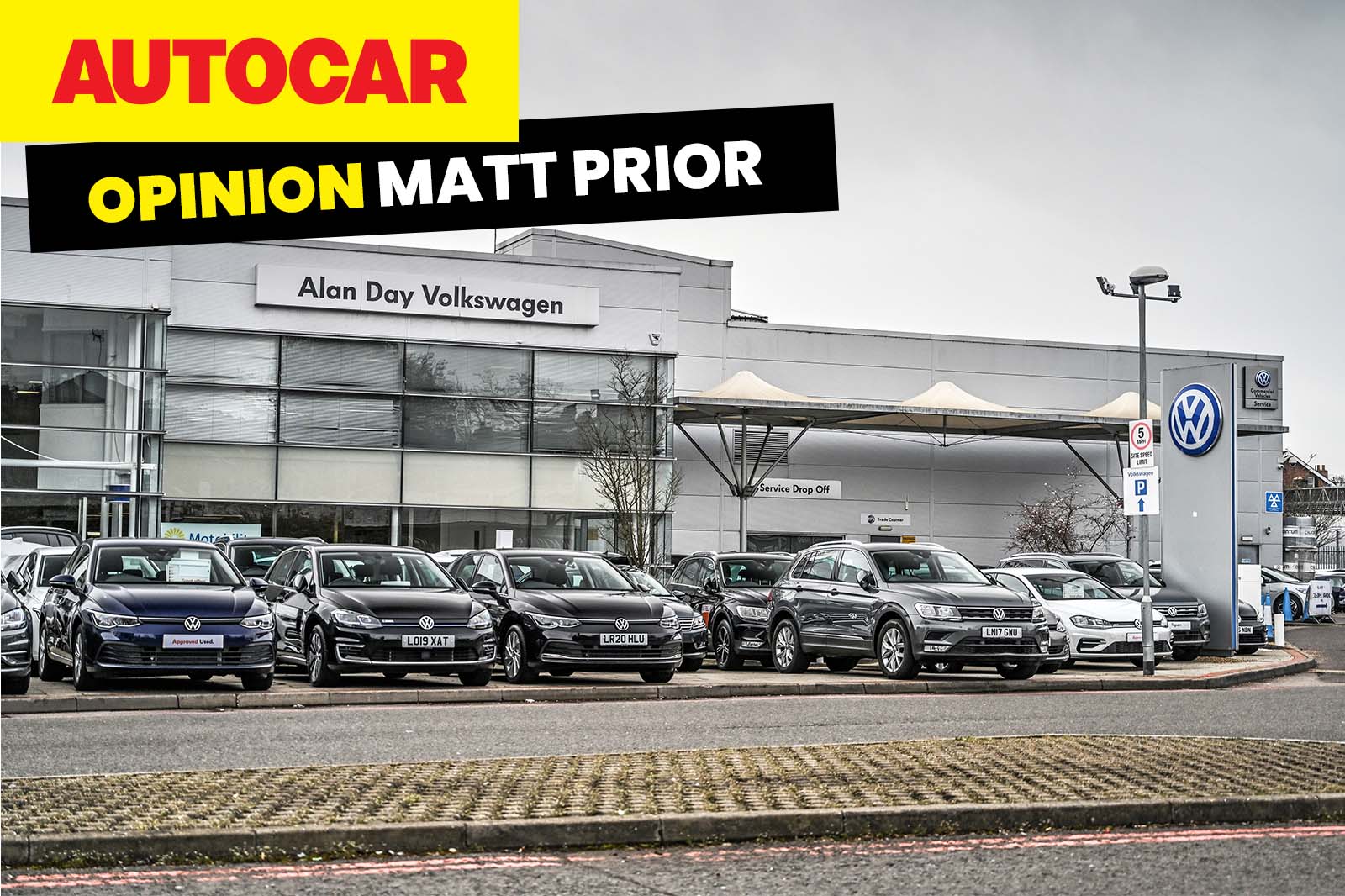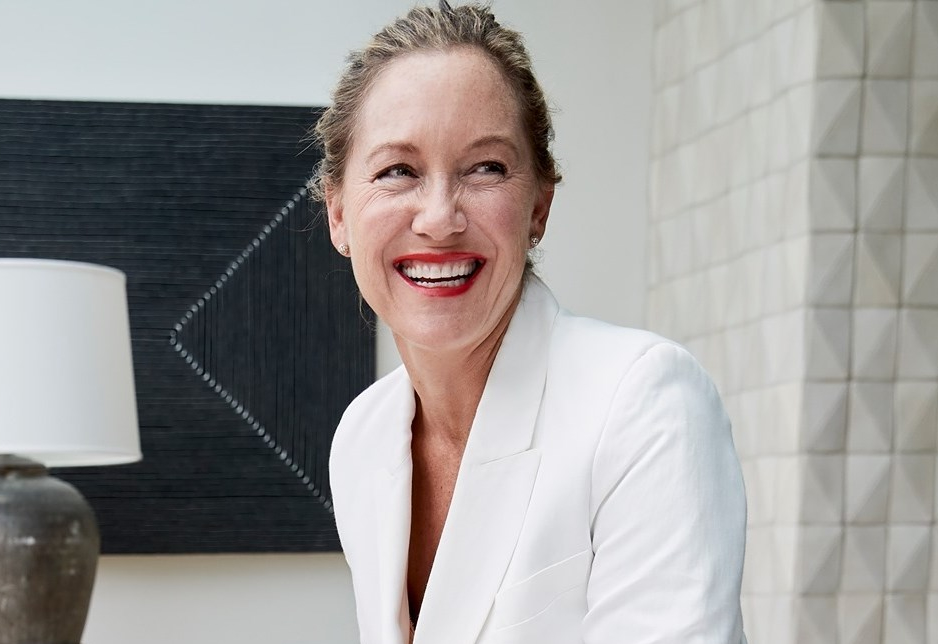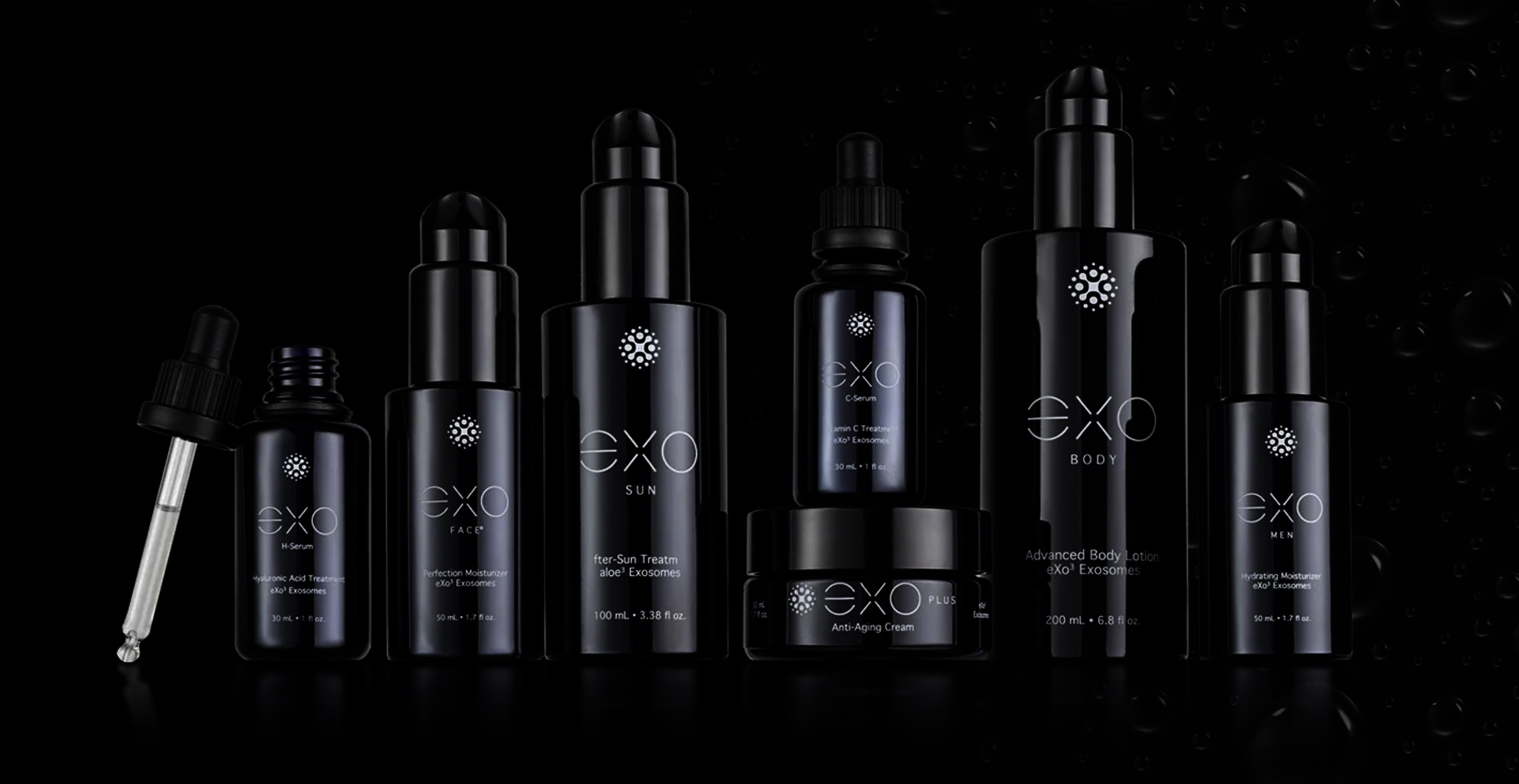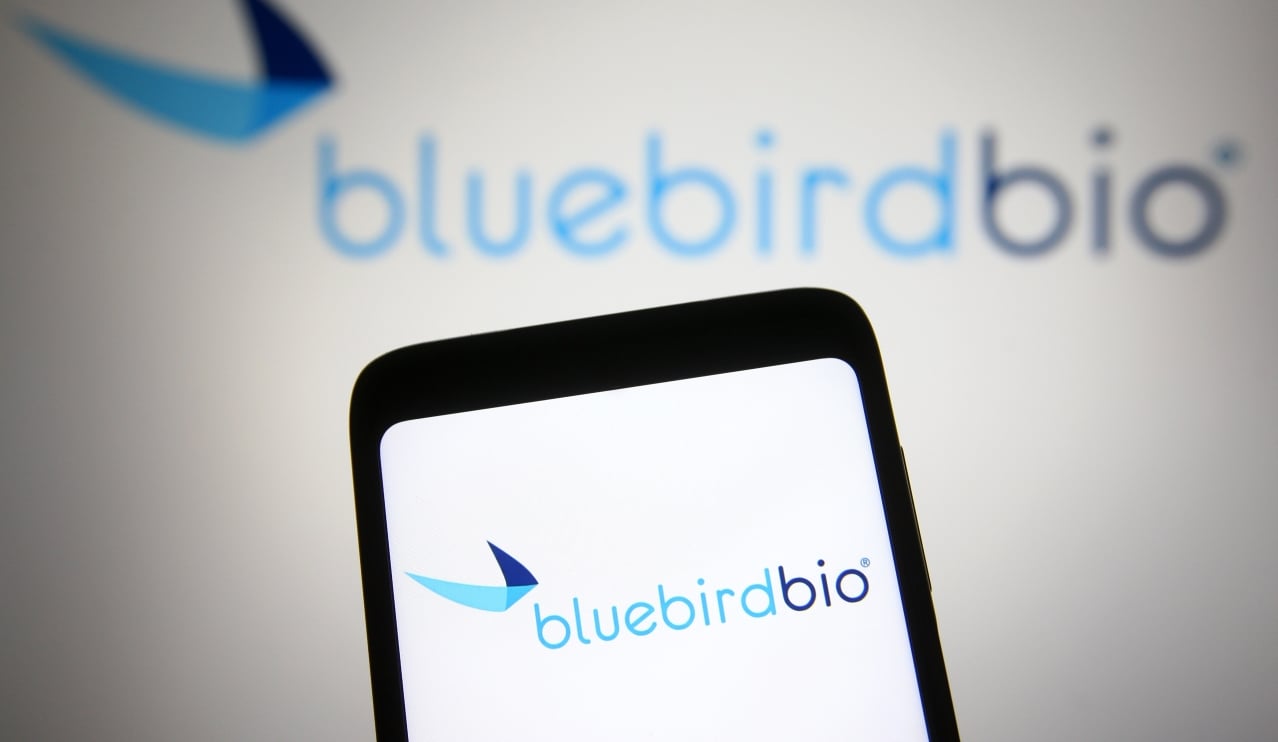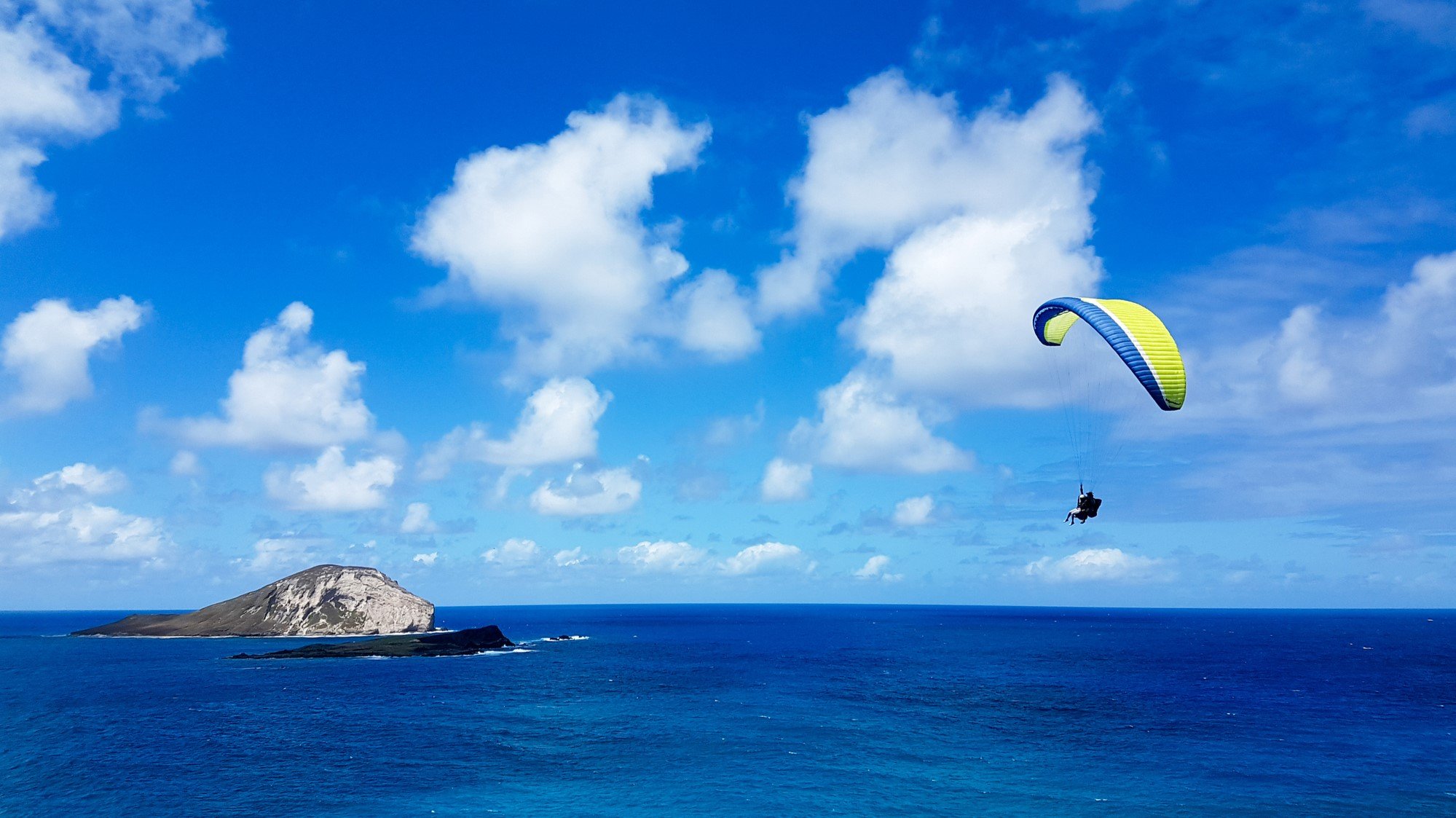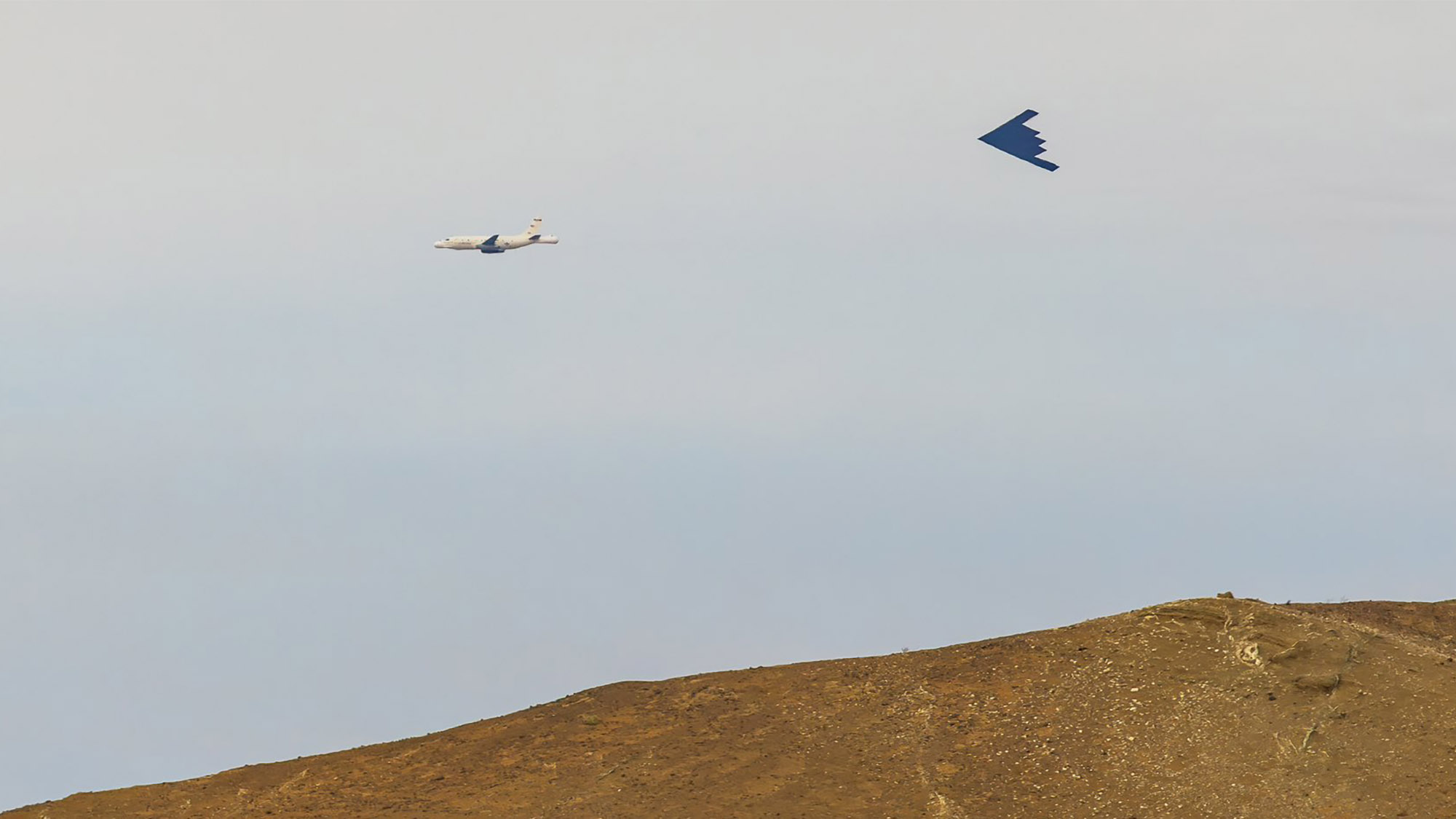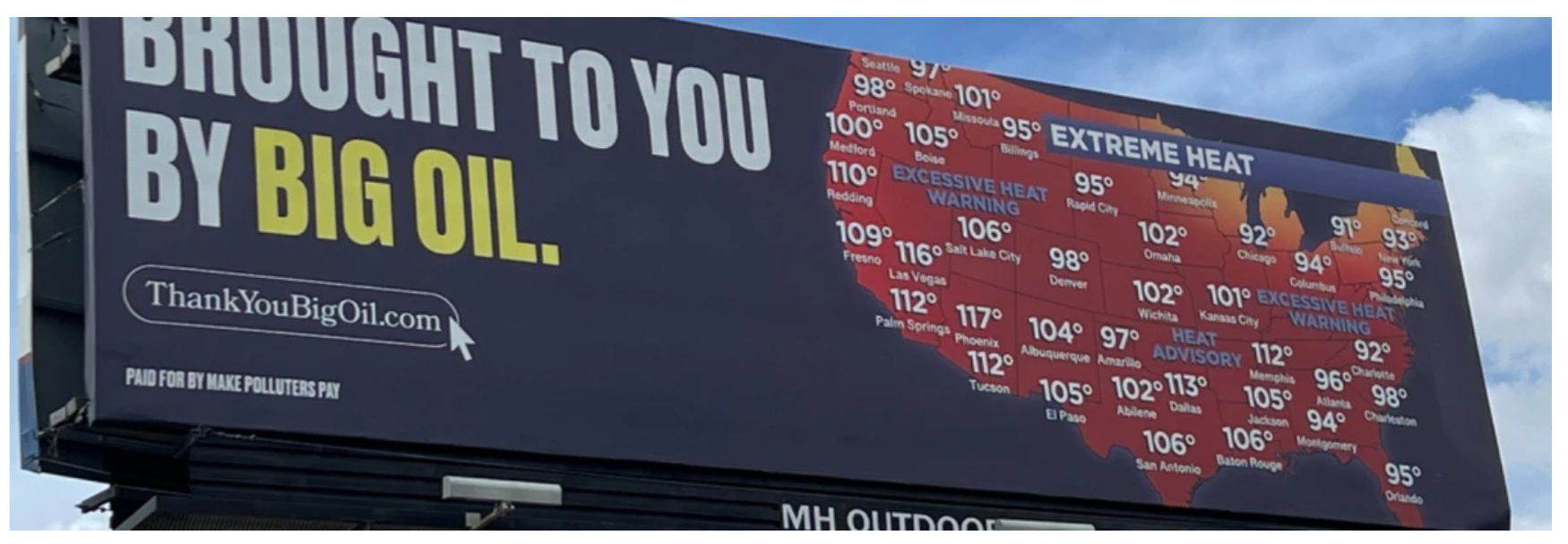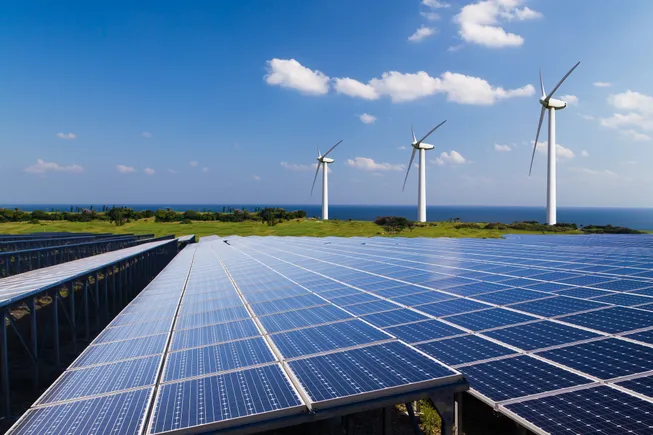From social media to Carnaby Street: Tala CEO on building more than hype
Tala CEO Morgan Fowles discusses its first Carnaby Street store, its multi-channel growth, and plans for global expansion.

The influencer brand boom shows no signs of slowing — but Tala is playing a different game.
Launched in 2019 by influencer-turned-entrepreneur Grace Beverley, Tala began as a digital-only brand focused on core activewear — delivering thoughtfully designed, flattering essentials for women, made by women.
In an increasingly saturated market, it quickly stood out. Within its first year, Tala generated £5.2m in sales, thanks to a strong online community and a focus on quality over hype.

Since then, the brand has expanded into swimwear, loungewear, and elevated everyday pieces — all guided by the same design ethos: “quality, flattering, effortless outfitting.”
While sportswear giants like Nike and Adidas have responded to economic headwinds by cutting jobs and hiking prices, Tala is bucking the trend — growing steadily while keeping its offer accessible.
After four years as a digital-first brand, Tala took its first physical step with Selfridges shop-in-shops across the UK last year — a “huge milestone moment”, according to CEO Morgan Fowles.
Now, a year one, Tala opened its first standalone store on London’s Carnaby Street, welcoming queues of eager shoppers, who were more than ready to experience the brand in person.
Retail Gazette caught up with Fowles ahead of the launch to discuss how Tala is bringing its online identity into the real world — and what’s next for the business.
Making it real: Tala’s Carnaby Street debut
When it came to choosing the perfect physical location for Tala’s first-ever standalone store, London was an obvious choice — but not just anywhere in the capital would do.
“We settled on a few key spots based on where our customers actually want to shop,” Fowles explains. “Oxford Circus, Covent Garden, Soho — and within those, only a handful of streets really made sense.”

She notes that Carnaby Street stood out, not just for its iconic status, but for its unique blend of fashion, beauty, and lifestyle stores that make shopping a full day-out experience.
Before signing the lease, the team spent hours outside the space, observing foot traffic and customer types. The goal was to ensure the store would feel like a natural fit in the neighbourhood and attract a diverse crowd — from entice young groups casually mooching around, alongside tourists and locals popping in on their lunch break.

“We wanted to avoid becoming just another activewear store next to a competitor,” Fowles says. “Carnaby offers variety — from beauty and jewellery to food — which means customers can really spend time here.”
Opening a store after growing digitally for the last six years presented fresh challenges.
Delays, electrical problems, and unexpected repairs put the team to the test. But despite the chaos, Tala hit its planned May opening.
“The start was the hardest, but seeing the space come together day by day was incredible,” Fowles says. “It took a village, but everyone was committed to delivering on our promise to customers.”
“We are now in the hospitality business,” she says. “If all [the customer] wants to do is transact, she’s gonna do that online. So, when she comes into this space, we’re hosting her.”
The new store also marks a fresh chapter in how Tala connects with its community — blending digital and physical seamlessly.
“This is the best expression of the brand we’ve ever created,” Fowles says, describing the space as more than just a shop, but a place that reflects how their customers really live and shop today.
Breaking the influencer brand mould
Many influencer-led brands rush to expand with endless cash grabs or lean heavily on marketing gimmicks. Tala takes a different path — focusing on delivering quality, versatility, and style that genuinely reflects customers’ lifestyles.
“We cover a lot already. From a product perspective, Tala is an activewear brand, but with natural extension pieces for layering to and from the gym or post-gym lounge. We want her to have options for how she really wants to dress,” explains Fowles.
“It’s not a traditional activewear shop — it’s more of a boutique, more of a styled experience that also delivers properly performing activewear.”
Describing the core Tala customer, Morgan says “she dresses in a very deliberate way, and that’s what we want to support”.
“Our customers expect activewear that performs but also looks beautiful and feels cool — something that carries them through the gym and beyond. It’s a reflection of her life, not just a sportswear shop.”
Price accessibility remains central to Tala’s ethos, striking a balance between premium quality and affordability.

On keeping their products cheaper than many competitors (with leggings starting at £39), Morgan says: “Our team spends a huge amount of time sourcing fabrics — testing thousands to narrow down to the perfect materials that perform but won’t be outrageously expensive.
“Construction is key too — we offer features like more pockets and detailed seams you find in high-end brands, but we strip back what customers don’t need to keep prices accessible. It’s not easy, but we work really hard at it.”
Sustainability is also woven into the brand’s DNA, even as Tala scales. “It gets easier to negotiate with suppliers as you grow, but we’re still a small brand,” says Fowles.
“We have to go the extra mile to find fabrics that perform, are consciously made, and stay affordable. It’s core to our values and really important to our customers.”
While in terms of inclusivity, it has never been a box-ticking exercise for Tala — it’s integral.
“It’s harder in store because you don’t have the diversity of bodies you show online,” Fowles explains.
“But we make sure the store reflects our values — with a full size range on the floor, diverse models in the windows, and a team that brings their own diverse perspectives to the store design.
“We don’t do small and medium only like some shops, because that’s frustrating for customers and just not who we are,” she says.
This inclusivity feels authentic because it is. “It wouldn’t work if it were forced or manufactured. Consumers can tell. We were born with this ethos — it feels natural to us. We wouldn’t be successful if the store didn’t reflect that.”
Across the pond: Tackling tariffs and rising costs
It’s not just the UK market that Tala is looking to grow its presence in. The brand’s ambitious US expansion hit an unexpected roadblock when sudden tariff changes forced the brand to pause a planned £5m investment in the market.
Fowles explains how the company had been building a smooth US operation—launching a localised website, streamlining shipping and returns—in preparation for scaling.
“We reduced barriers around shipping timing and any clunkiness around returns,” Fowles says. “It was really disappointing when, overnight, we had to pull more than 70% of our products from the US site due to a sudden tariff change.”
This move was driven by a desire to protect customers from unexpected costs. “I did not want customers to get hit by an unexpected tariff bill,” she says.
“You see stories where people order from UK brands, only to be hit with hundreds of pounds in tariffs when it arrives. That just kills the relationship — the product gets stuck in customs or sent straight back, and the customer hates the brand.”
Although tariffs have since been adjusted, Tala’s US plans remain “on ice” as the team explores alternative solutions.
“We’re working on what a modified solution would look like,” says Fowles. “I keep hearing optimistic noises about how this will pan out by the end of the year. The US is still not a huge part of our business, so we’re reasonably insulated, but it’s disappointing.”
Asked about raising prices in the US, Fowles is cautious but firm: “I don’t want to do that. Customers are savvy, and we try to keep pricing accessible. It is operationally more expensive to run the business over there, so within reason, prices might be a little higher.
“But we want to avoid putting any more pressure on customers if we can.”

Looking ahead
The opening of Tala’s Carnaby Street store is a major milestone — but for Fowles and the wider team, it’s just the start.
“As you probably imagine – Grace Beverley is not a small bets kind of girl, and neither are the team,” she says, stressing there’s “definitely going to be more of everything” as the business continues to mature.
While Tala began as a digitally native brand, Fowles has spent the last four years deliberately broadening its reach across channels, geographies, and products to drive growth.
“We’ve always been online but going into physical retail is a very natural diversification point for us,” she explains.
The next 12 to 18 months will see Tala continuing to build on its wholesale partnerships and international presence, including the US and the Middle East, where the brand recently launched with Anthropologie in Dubai Mall.
“There’s good Middle Eastern traffic here on Carnaby Street, so that’s an important area for us to be thinking about,” Fowles notes.
But Tala isn’t rushing. Operationally, Fowles says the brand will learn from its first store before moving on: “We’ve learned so much, it would be kind of crazy to now contain this knowledge.”
The Carnaby Street shop is a testing ground to understand how customers shop the space, interact with product, and experience the brand.
She’s hopeful but says “let’s see how she shops, then we’ll do the next one, even more informed.”
On the digital side, Tala is set to relaunch its website on 9 June, refining its online offering as part of its multi-channel growth strategy.
The focus, for now, remains clear: steady, informed expansion that stays true to Tala’s ethos and customers.
“This is really the focus right now,” Morgan concludes — a fitting end to a transformative new chapter for the brand.
Click here to sign up to Retail Gazette‘s free daily email newsletter







